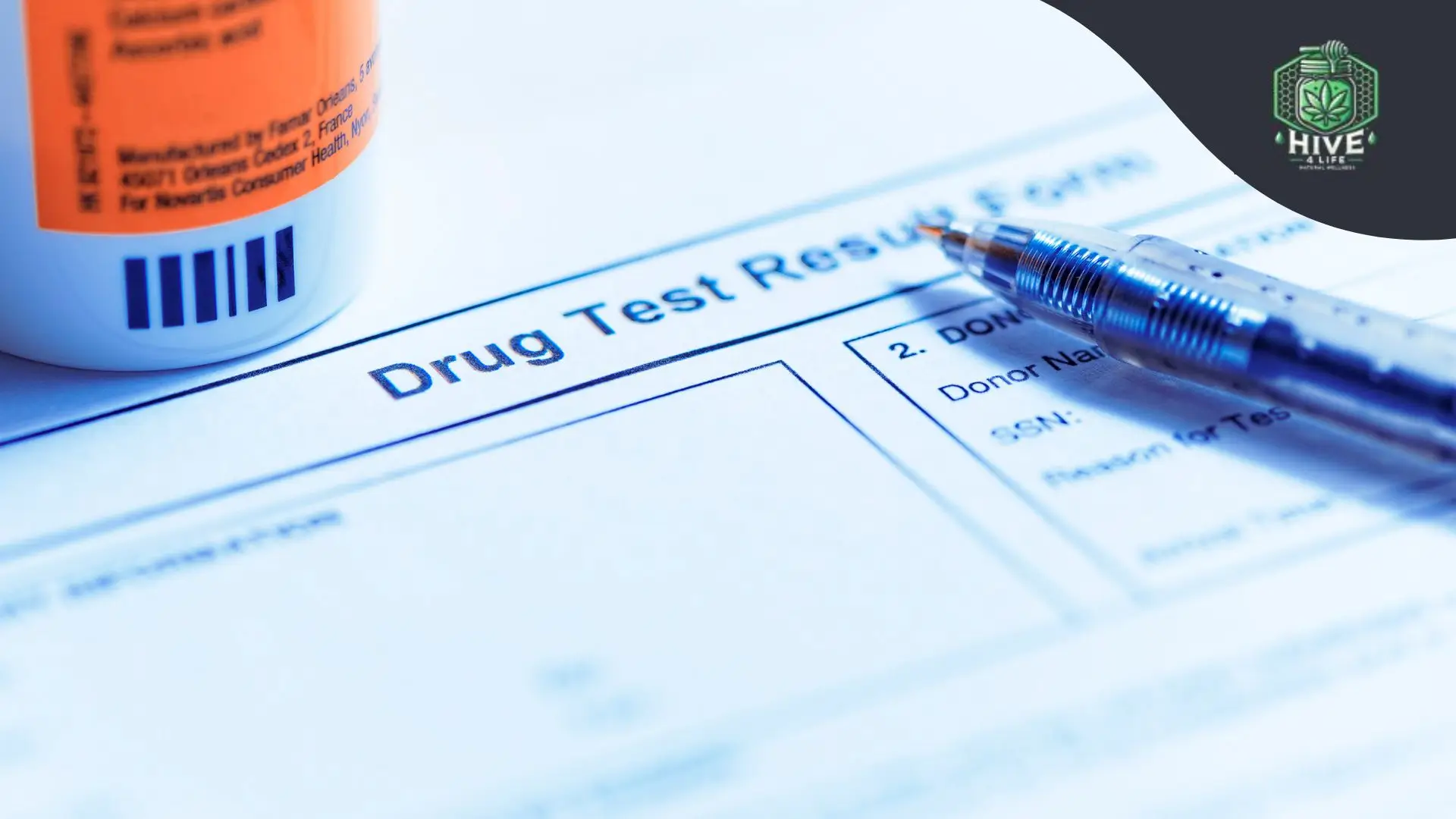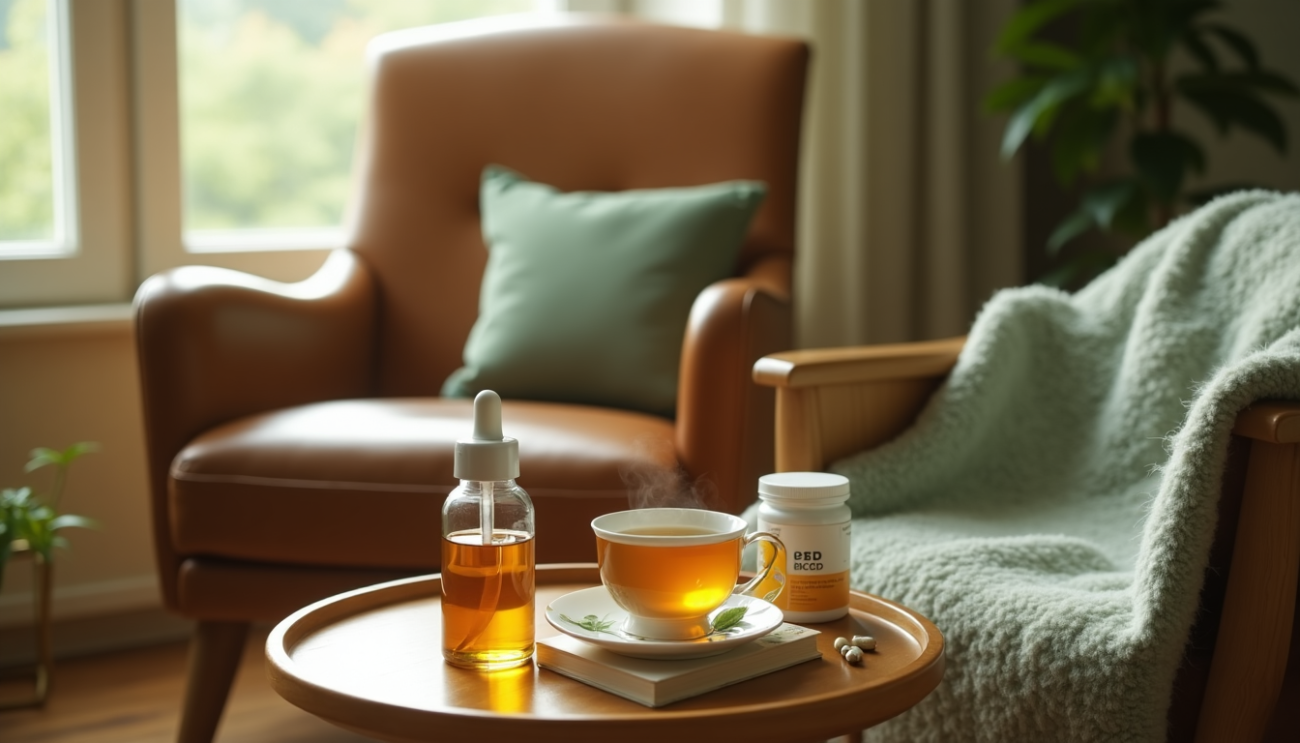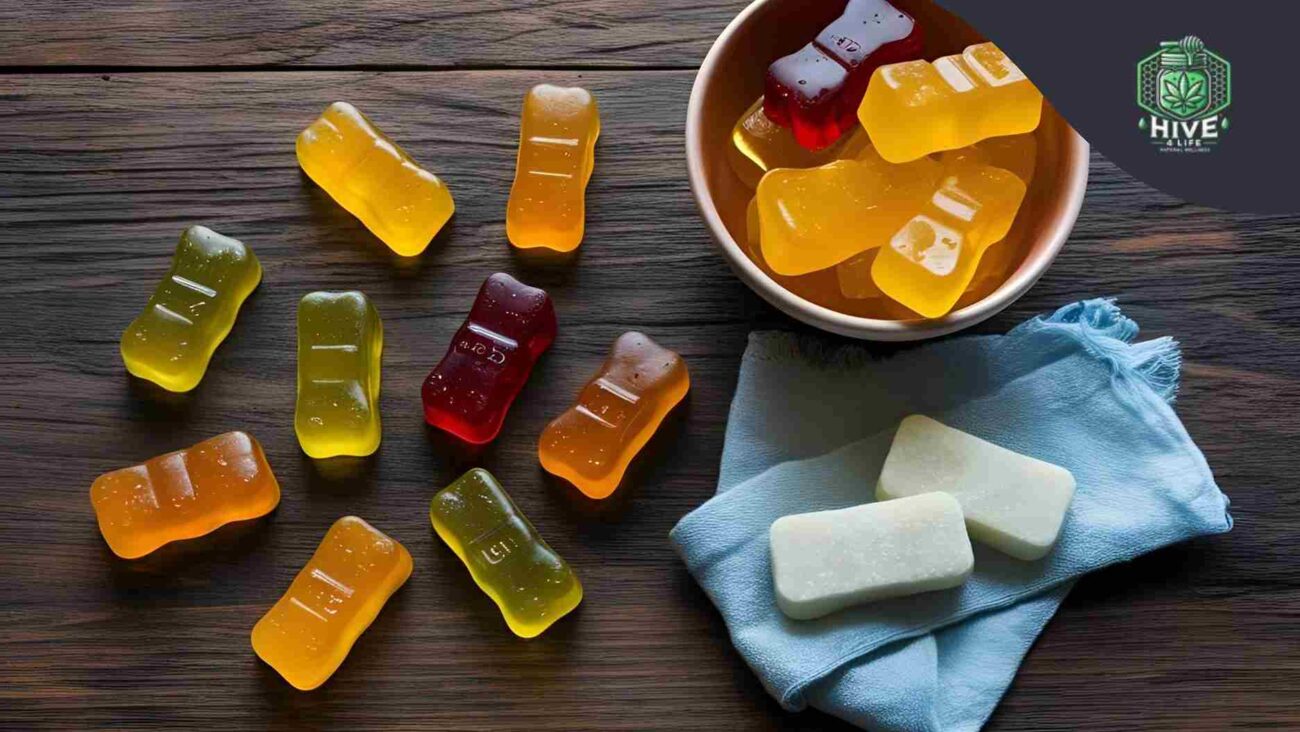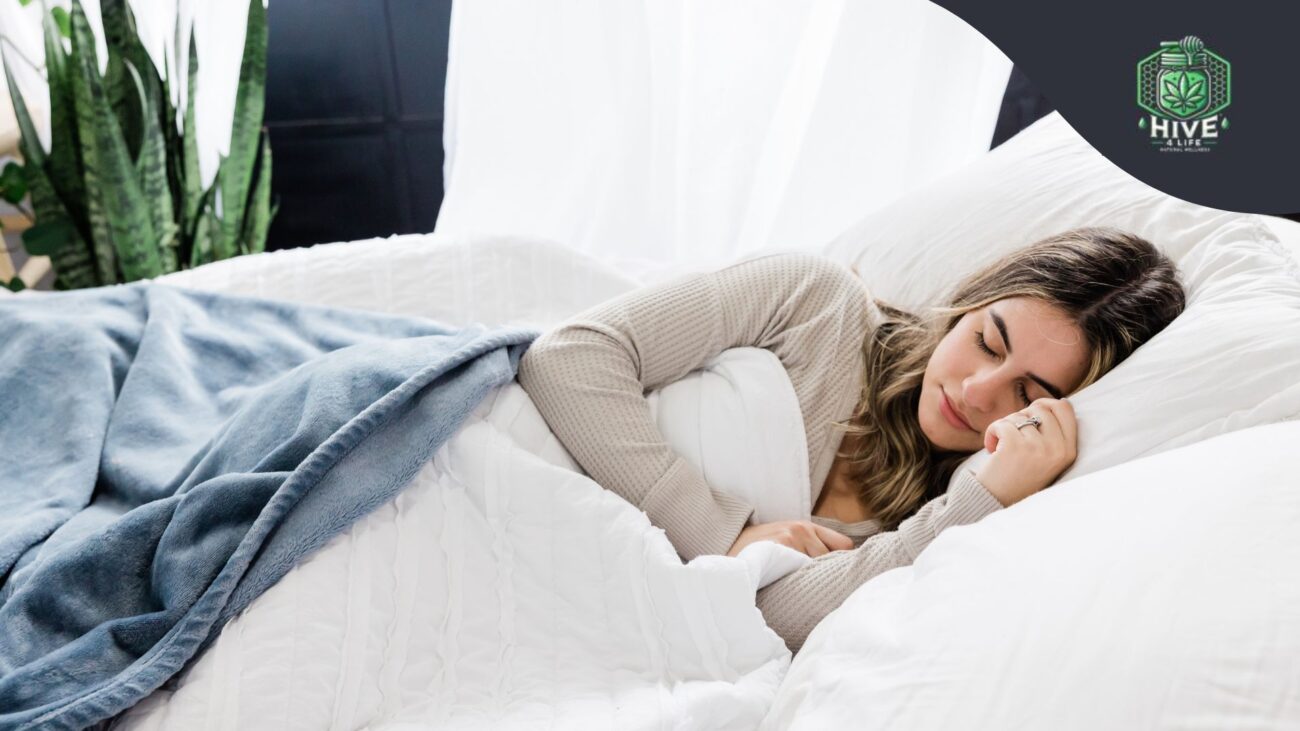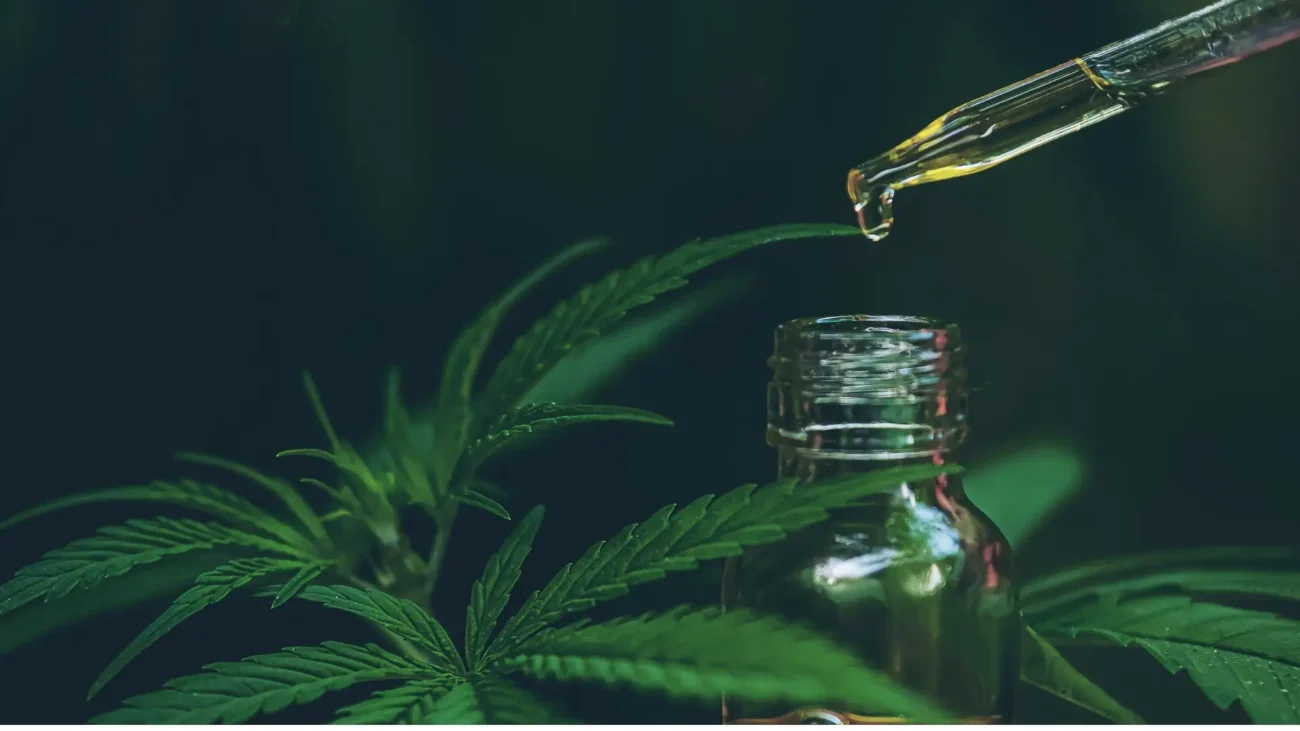Cannabidiol (CBD) has gained popularity among users due to its potential health benefits. However, if you are a job seeker, athlete, or professional who undergoes routine drug testing, you may be concerned about whether CBD oil can affect your drug test results. A common question is, “Will CBD oil show up on a drug test?” This guide offers a clear and authoritative overview of the relationship between CBD oil and drug testing to help you make informed decisions.
What Do Drug Tests Screen For?
The majority of drug tests, including the common urine drug screen, are designed to detect tetrahydrocannabinol (THC), the psychoactive compound found in cannabis. CBD itself is not psychoactive and is typically not included in standard drug test panels. However, there are a few nuances to consider:
- Full-Spectrum CBD Products: These products may contain trace amounts of THC, typically less than 0.3% as permitted by law. While these levels are minimal, they can accumulate in your body over time and potentially trigger a positive test result.
- Broad-Spectrum CBD or CBD Isolate Products: These options are THC-free, making them safer choices for individuals concerned about drug testing.
Risk Factors Associated with CBD Oil and Drug Tests
There are several factors that influence the likelihood of CBD leading to a positive drug test result:
Type of CBD Product:
- Full-Spectrum CBD contains trace THC and carries a higher risk.
- Broad-spectrum CBD and CBD isolates are processed to remove all THC, reducing the risk to virtually zero.
- Product Purity and Label Accuracy: Not all CBD products are accurately labeled. Products contaminated with THC or mislabeled as “THC-free” could lead to unexpected results. Always opt for reputable brands that provide third-party lab testing to verify product purity and THC content.
- Individual Metabolism: Everyone’s body processes CBD and THC differently. Factors such as body fat, metabolism rate, and frequency of CBD use can influence how trace amounts of THC are stored and eliminated from the body.
- Frequency and Dosage of Use: Regular or heavy use of full-spectrum CBD products may increase the chances of THC accumulation in your system.
How to Minimize Risks if You Use CBD
If avoiding THC in your system is essential due to workplace policies, athletic regulations, or personal concerns, here are several steps you can take:
1. Choose the Right CBD Product
Broad-spectrum CBD or CBD Isolate: These products are THC-free, ensuring minimal risk. Always check the product label to confirm the absence of THC.
2. Check for Third-Party Testing
Look for CBD products that provide third-party lab testing reports. These reports, also known as Certificates of Analysis (COAs), guarantee accurate labeling and the absence of THC in the product.
3. Understand Employer Policies
Review your employer’s drug and substance policies. If CBD use conflicts with these rules, consult your HR department to clarify whether your product choice is acceptable.
4. Stay Aware of Lab Standards
Be aware that drug testing standards may differ. Some advanced tests are more sensitive and capable of detecting trace levels of THC, even if they fall below legal limits.
Frequently Asked Questions (FAQs)
1. Can full-spectrum CBD cause a positive drug test?
Yes, full-spectrum CBD products contain trace amounts of THC, which could potentially absorb into your body and trigger a positive test result, especially with frequent use.
2. Are there CBD products guaranteed to be safe for drug testing?
Yes, broad-spectrum CBD and CBD isolates are considered safer options as they are processed to remove all THC content. Ensure the product comes with a third-party lab report verifying its claims.
3. What happens if I fail a drug test due to CBD?
Although rare, failing a drug test due to CBD use can occur if the product contains THC. It’s important to discuss your CBD use with your employer beforehand if drug testing is a requirement.
4. Do athletes need to avoid all cannabis products?
Athletes subject to anti-doping regulations may need to avoid all products containing THC. Broad-spectrum and isolate CBD products with verified THC-free labeling are safer alternatives.
5. How can I verify my CBD product is THC-free?
Third-party testing is the best verification method. Reputable brands will provide a Certificate of Analysis (COA) confirming their product contains no detectable THC.
While CBD itself is unlikely to show up on a drug test, trace amounts of THC in full-spectrum CBD products could pose a risk. To safeguard yourself, choose broad-spectrum CBD or CBD isolate products from reputable brands that prioritize transparency through third-party testing.
Whether you’re seeking relief, enhancing your wellness routine, or exploring CBD for the first time, making informed decisions is key. Always consult your employer or testing organization to stay aligned with their policies.
For a worry-free CBD experience, prioritize purity and reliable labeling—it’s the best way to enjoy the benefits of CBD without concerns about drug testing.
Read More On
CBD Oil for Pain Management
How Does CBD Oil Make You Feel?
Top 10 Benefits of CBD for Mind and Body Wellness
What is CBD?
How Do You Use Pet CBD Oil?
